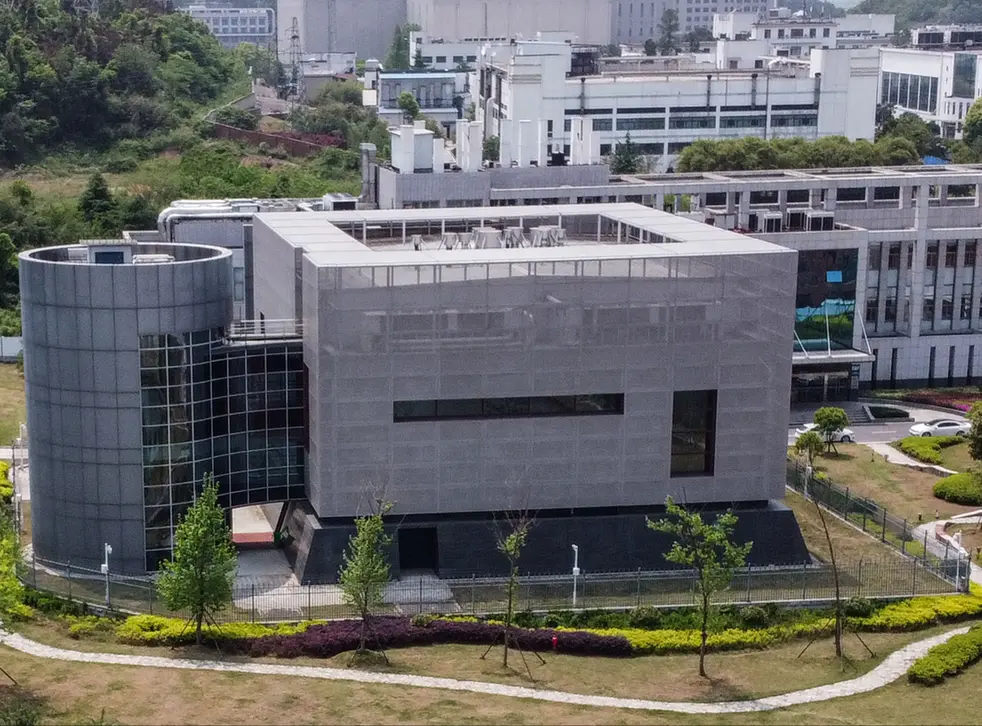A laboratory leak is now said to be the more likely origin of COVID-19 because an animal host has not been identified.
Dr. Alina Chan, a specialist in gene therapy and cell engineering at MIT and Harvard, recently spoke to the Science and Technology Select Committee.
Chan said it is possible that COVID-19 was an engineered virus. “I think the lab origin is more likely than not. Right now it’s not safe for people who know about the origin of the pandemic to come forward. But we live in an era where there is so much information being stored that it will eventually come out”.
“We have heard from many top virologists that a genetically engineered origin is reasonable and that includes virologists who made modifications to the first SARS virus,” she explained.
“We know this virus has a unique feature, called the furin cleavage site, and without this feature there is no way this would be causing this pandemic,” Chan added.
Viscount Ridley, co-author of a book on the origin of the virus with Dr. Chan, said he also believes a lab leak is the origin.
“I also think it’s more likely than not because we have to face the fact after two months we knew the origins of SARS, and after a couple of months we knew MERS was though through camels, but after two years we still haven’t found a single infected animal that could be the progenitor, and that’s incredibly surprising,” Ridley explained.
Richard Horton, the editor of the Lancet, was criticized for a 2020 letter that dismissed the lab leak theory as a “conspiracy theory”. The letter’s author, Peter Daszak, the head of EcoHealth alliance, had worked with the Wuhan Institute of Virology.
It took over a year for the Lancet to publish anything about Daszak’s conflicts of interest. “We ask everybody to declare their competing interest and we take those statements on trust and in this care regrettably the authors claimed they had no competing interest and of course the implication there were indeed competing interests that were significant, particularly in relation to Peter Daszak,” Horton said.
Horton said the lab leak was “a hypothesis that should be taken seriously and needs to be further investigated”.


